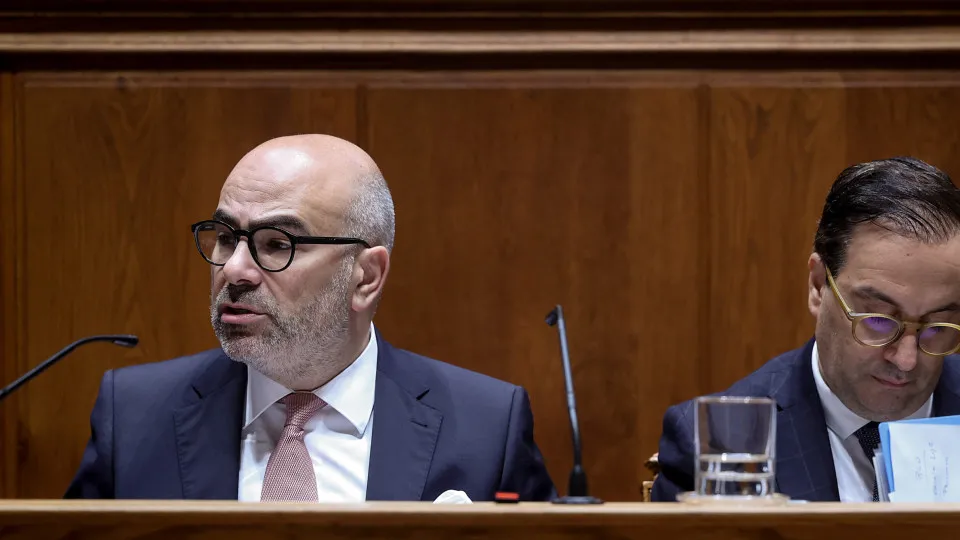
The judge presiding over the case stated, “Unproven facts were very few and insignificant concerning the matter at hand. There could be no other outcome but his conviction for qualified homicide with a prison sentence of 21 years,” during the verdict reading.
The magistrate noted that the court “gave credibility to the witnesses” as opposed to the defendant’s statements which “left much to be desired” and “didn’t make sense.”
The judge added, “He thought he was the only intelligent one. He relied solely on his intelligence. First, he didn’t know the victim; after some time, he did, and everything changed.”
The judge highlighted that the defendant’s statements aimed to justify the charges, but nothing presented at trial was proven, including any alleged sexual abuse or sexual relationship with the victim.
“The court is not foolish. You didn’t handle your clothing but went to the courtyard to turn your pants inside out to dry?” the judge rebuked, referring to the defendant’s attempt to justify the presence of DNA on the victim’s clothes.
The magistrate further emphasized that the court was “absolutely convinced” he committed this crime, adding, “You know why, but not much is needed to kill,” she said.
The defendant attempted to interrupt the session while the judge was speaking but was warned several times.
The victim’s family, present during the ruling, expressed that the sentence was too lenient for the crime committed and feared it might be reduced on appeal.
The Public Prosecutor’s Office indictment notes that the 59-year-old defendant, detained preventively, knew the 75-year-old victim, who was elderly, fragile, and lived alone in Maiorga, Alcobaça, Leiria district.
On November 23, 2020, the suspect, having “put on gloves” to leave no trace, went to the elderly man’s house and waited for his arrival.
Near a yard annex, the defendant, “without any reason,” repeatedly struck the victim with an unspecified sharp or blunt object, hitting various parts of the body.
The defendant also tied the victim’s wrists and ankles with “ropes/cords, wires, and plastic bags” and gagged him with plastic bags wrapped in adhesive tape, preventing him from breathing.
The detained man left the gloves used beside the annex and concealed the victim’s wallet in a bucket with a milky liquid, also hiding the roll of adhesive tape in another bucket.
He fled the scene, leaving the elderly man bound and gagged “in suffering and agony,” the Public Prosecutor’s Office stated.
In February, the PJ of Leiria announced the arrest of the murder suspect in the Lisbon area, citing “extreme violence and torture.”
A PJ statement indicated that the crime “was motivated by the suspect’s knowledge that the elderly man kept all his money at home.” The PJ clarified that “the identification of the perpetrator was possible due to the technical quality during examinations at the scene and forensic assessments by the PJ’s Scientific Police Laboratory.”
An “international match” under the Prüm Treaty occurred, involving cooperation with the National Institute of Legal Medicine and Forensic Sciences and French authorities through international collaboration.
The PJ noted, “The suspect was already wanted by French authorities for committing an aggravated robbery in 2016.”




